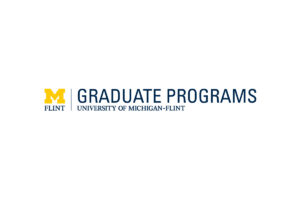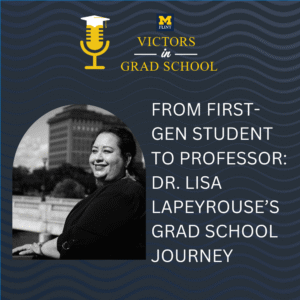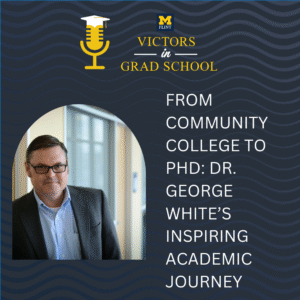It can be so easy to get caught up in the grind of life when you are focused on your own tasks. Yet the COVID-19 pandemic has in many ways revealed a lot about how quickly each of our worlds can change. Working as a critical care nurse has allowed me to see how impactful infectious diseases can be in the lives of individuals, and how dramatically it can affect the lives of those involved in it. If anything, it has shown me the importance of human connection. Although different groups of people show their love to one another in different ways, there has almost seemed to be a universal desire to at least physically see their loved ones and be near them through difficult times. Due to the pandemic and the increased risk of contracting COVID-19 at the hospital, no visitors have been allowed on the intensive care unit I work on, designated specifically for COVID-19 patients. Even after a patient has passed, only one family member has been allowed to come up, and even then, they can only stand at the glass doorway, looking in on their loved one but unable to be near them. Although most people may never have an experience like this, I bring it up because it is important to realize that, for these people, their whole world has been shaken and torn apart. When we look at only statistics, it is so easy to forget that these are people just like us going through these problems. When we realize this, it helps us to make decisions and support policies that we would be satisfied with if we were put into the same position. It has been such a huge honor to be able to serve the community through this difficult time and to, at the very least, give those unfortunate enough to contract COVID-19 the best possible chance to make it through.
In addition to my work as a nurse, I am also completing my Master of Public Health degree and am preparing to start medical school in the fall. What I love about public health is how it brings the big picture into my very niche perspective at work. As a nurse, I work with a couple of patients at a time, but as a student of public health I examine entire populations. This perspective is relevant when we think about what is good for populations on a whole while tempering those ideas with the realization that the people that make up statistics are individual human beings that deserve as a good a chance as we can give them. I hope to unite these two ideals as I go into the medical field to help design policies that keep both perspectives in mind. If anything, our current pandemic has only helped motivate me to work harder in the future to connect with many of the officials already in public health who have these same goals.
On a final note, I think it is vastly important that we not let issues like COVID-19 turn us against one another. It has already caused us to physically distance from one another; an important part of the human experience. Let us not let it emotionally drive a wedge between as well. Now, more than ever, we need to learn to stand together, something that we can control, against the problems that face us as humans, something much more difficult to affect. This is our opportunity to practice understanding for one another so that, if in the future we face even bigger threats, we will be ready to face it together, no matter the social distance.





